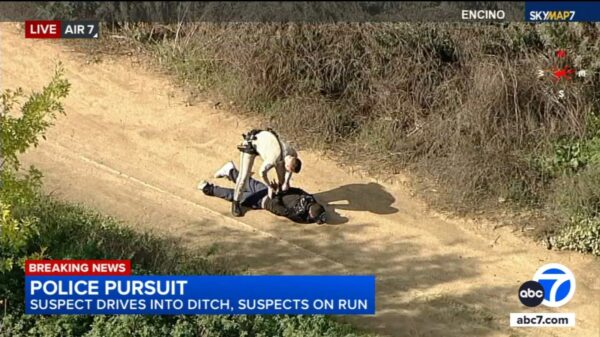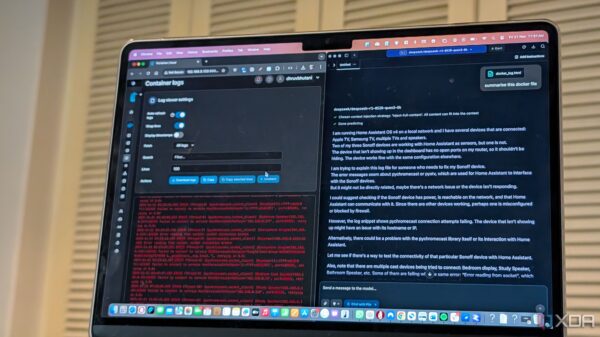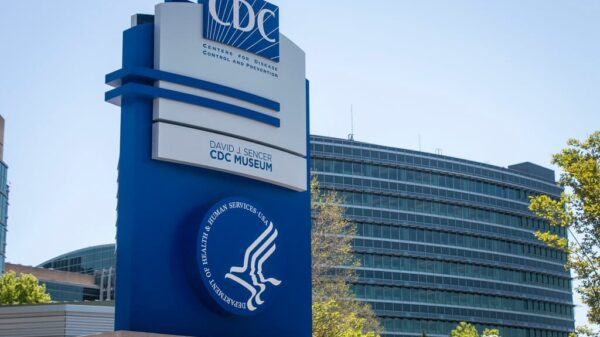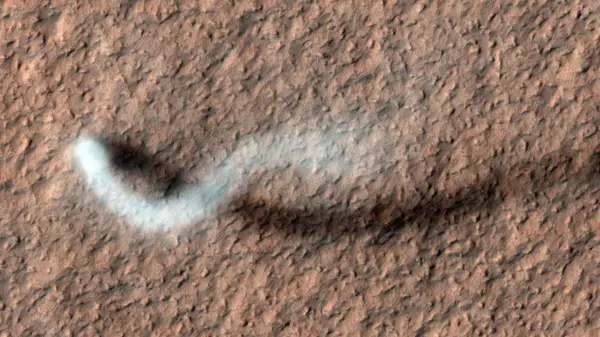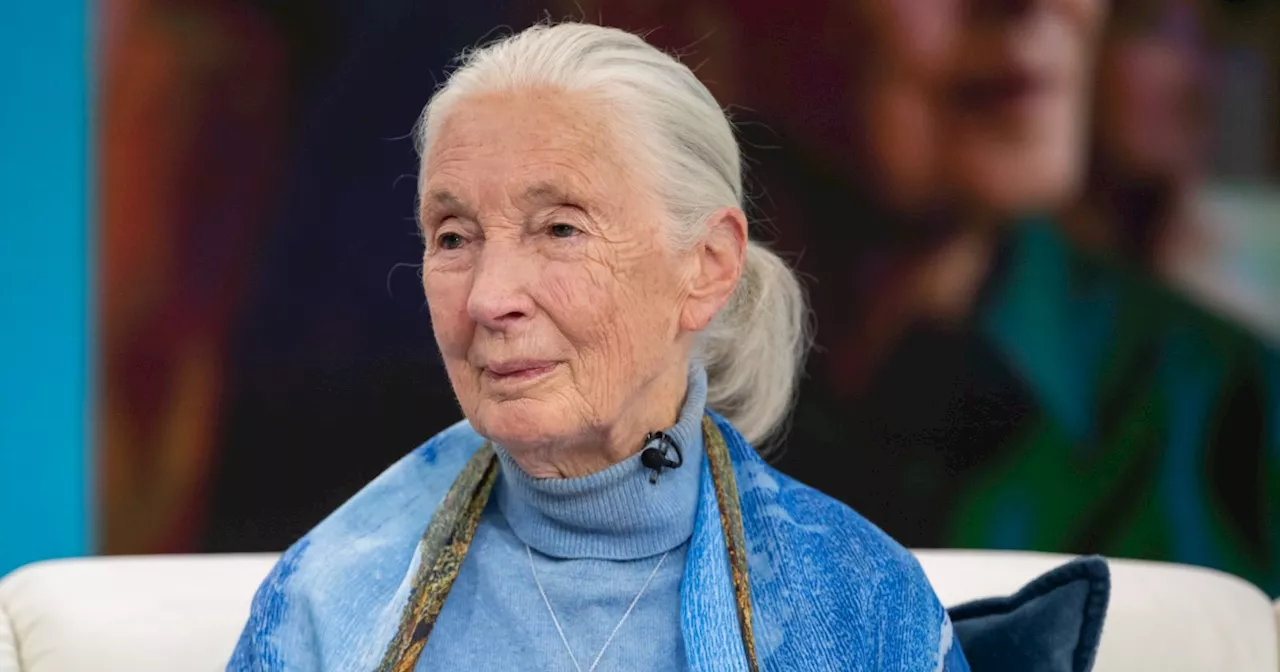Jane Goodall, the celebrated British primatologist known for her groundbreaking work with chimpanzees, died on October 1, 2023, at the age of 91. According to the Jane Goodall Institute, she passed away from natural causes while on a speaking tour in California. Goodall’s legacy as a scientist, conservationist, and advocate for animal welfare has left an indelible mark on both the scientific community and the wider world.
Transforming the Understanding of Animal Behavior
Goodall is most renowned for her pioneering research in Gombe National Park in Tanzania, where she became the first to observe and document that chimpanzees create and use tools. This revelation fundamentally challenged the long-held belief that tool use was a uniquely human trait. Goodall’s discovery expanded the definition of what it means to be a sentient being and revealed that chimpanzees possess emotions, empathy, and culture. Mireya Mayor, an anthropologist and primatologist at Florida International University, remarked, “It was criticized as unscientific, but she proved that science could extend its boundaries without losing rigor.”
In the early 1960s, while pursuing her PhD at the University of Cambridge, Goodall broke away from traditional scientific norms. Instead of assigning numbers to the chimpanzees she studied, she named them, starting with a male chimp she called David Greybeard. This approach was unprecedented and stirred controversy among her contemporaries, yet it paved the way for a more humane understanding of animal research.
Goodall’s observations extended beyond tool use. She documented complex social behaviors among chimpanzees, including hunting and even inter-community conflict. In a notable study in 1973, she observed a four-year conflict between two chimpanzee groups, leading to the deaths of all male apes in one community. As Nick Boyle, executive director of Taronga Zoo in Sydney, noted, her findings “redefined humanity.”
Inspiring Future Generations
Goodall’s influence stretched far beyond her research. She inspired countless women to pursue careers in science and conservation. In 1961, Goodall was one of the few students accepted into a PhD program at Cambridge without an undergraduate degree, completing her doctorate in 1965. Mayor stated, “She showed that a young woman with no formal scientific training could rewrite science and the understanding of animals on such a fundamental level.”
One such woman, Alison Behie, an anthropologist at the Australian National University, credits Goodall with influencing her career path. After attending a talk by Goodall, Behie shifted her focus from microbiology to primatology and conservation. In 2017, she had the opportunity to introduce her female students to Goodall, illustrating the profound impact Goodall had on her life.
Goodall’s ability to connect with the public was a key aspect of her legacy. According to Behie, she made her research relatable, linking it to universal themes such as mother-child relationships. Goodall’s storytelling skills helped bridge the gap between academia and the public, engaging audiences in important conservation issues. Euan Ritchie, a conservation scientist at Deakin University, emphasized that Goodall demonstrated how researchers can also be effective advocates and communicators.
Her commitment to youth engagement led to the establishment of the Roots and Shoots program in 1991, which aimed to educate young people and involve them in conservation efforts. Maria Sykes, chief executive of the Jane Goodall Institute Australia, described this initiative as “her baby,” emphasizing the importance of fostering a new generation of environmental advocates.
Throughout her life, Goodall maintained her sense of humor and vivacity. Mayor noted, “What most people don’t know is that Jane was incredibly fun and flirtatious, even at 90.” Her enthusiasm for connecting with young people and sharing her message of hope is a testament to her enduring spirit.
As the world reflects on the legacy of Jane Goodall, her contributions to science, conservation, and humanitarian efforts continue to inspire individuals globally. Her work not only transformed the field of primatology but also encouraged a greater understanding of the interconnectedness of all living beings.


